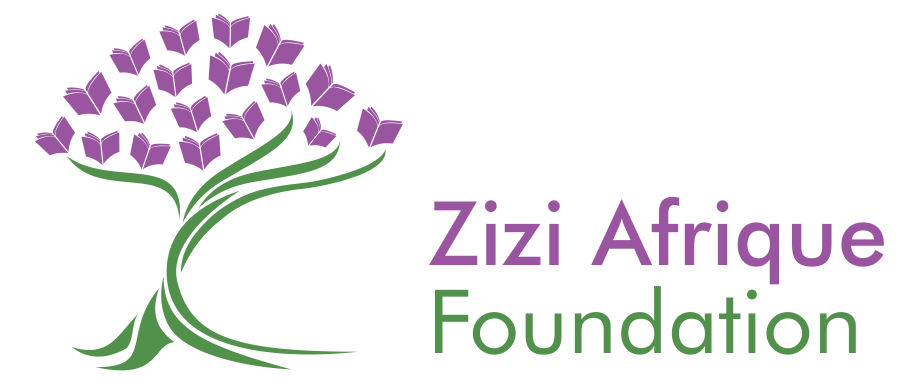Evidence Generation and Learning
This pillar focuses on generating evidence to inform innovation and advocacy work for Zizi Afrique Foundation and evidence community building. We believe in the need to catalyse evidence for system change, internal learning and adapting organizational practices.
Policy Learning for Universal Secondary Education
The Policy Learning for Universal Secondary (PLUS) Education aims to test the potential for driving change by focusing on policy enforcement and accountability, rather than plugging gaps. This will be achieved through:
• Generating evidence on the drivers and barriers to implementing Kenya’s existing 100% transition policy and community accountability.
• Co-creating with the Ministry of Education and stakeholders and testing a community accountability intervention that tests identified successful drivers of 100% transition.
• Generating evidence on the drivers and barriers to implementing Kenya’s existing 100% transition policy and community accountability.
• Co-creating with the Ministry of Education and stakeholders and testing a community accountability intervention that tests identified successful drivers of 100% transition.
Greening TVET
Zizi Afrique Foundation in partnership with Welthungerhilfe (WHH) and Anglican Development Services (ADS) are conducting a Green businesses project.
The overall program objective is to promote green skills of women and youth so that poverty and hunger are reduced in rural areas of Vihiga, Makueni and Kajiado counties of Kenya.
Zizi Afrique is responsible for research, advocacy at national and county level, monitoring project progress and impact, and being an advisor to implementation and institutional development.
The overall program objective is to promote green skills of women and youth so that poverty and hunger are reduced in rural areas of Vihiga, Makueni and Kajiado counties of Kenya.
Zizi Afrique is responsible for research, advocacy at national and county level, monitoring project progress and impact, and being an advisor to implementation and institutional development.
New Frontiers
Unlocking Data Initiative (KIX)
Increasing use and users of data in the education systems: This initiative seeks to seeks to unlock data and scale ups the use and users of data in education systems, with a focus on Kenya, Malawi and Cameroon.
It has one regional-level outcome: an African-driven, equity-focused, ethical, culture of data use, policy-relevant research and evidence-based, decision-making that is beneficial to all stakeholders.
Zizi Afrique Foundation is the overall consortium lead of implementation and research in Kenya.
It has one regional-level outcome: an African-driven, equity-focused, ethical, culture of data use, policy-relevant research and evidence-based, decision-making that is beneficial to all stakeholders.
Zizi Afrique Foundation is the overall consortium lead of implementation and research in Kenya.
Future of Work
The Future of Work program aims to establish an observatory that uses skill and job methodologies that are grounded in local context (urban and rural) that will help:
• Job applicants access vacancies,
• Track employers and available skills in the market,
• Offer industry partnerships with training institutions and attachment opportunities to enable them to know the market demands.
The observatory will act as a central point for employment and skills/job forecasting and will be used to avail data to public and private decisionmakers to improve their understanding of job creation and to align education to the current and future possibilities of the job market. Leveraging on the generating and use of data on skills and jobs and other employment indicators and future of work, the program will inform not just the planning for training and placement, but also career choice, youth migration and job-seeking behaviour.
• Job applicants access vacancies,
• Track employers and available skills in the market,
• Offer industry partnerships with training institutions and attachment opportunities to enable them to know the market demands.
The observatory will act as a central point for employment and skills/job forecasting and will be used to avail data to public and private decisionmakers to improve their understanding of job creation and to align education to the current and future possibilities of the job market. Leveraging on the generating and use of data on skills and jobs and other employment indicators and future of work, the program will inform not just the planning for training and placement, but also career choice, youth migration and job-seeking behaviour.
ECD Project
The ECD project connects the home-school environment to Zizi Afrique Foundation work of changing the education systems in Sub-Sahara Africa to equip children and youth with competences for learning, living, and working, by targeting children aged 0-3 years.
The initiative aims to consolidate evidence for advocacy and leadership in ECD in the context of nurturing care (children 0-3yrs).
The project is carried out in 3 Kenyan counties: Samburu, Siaya and Mombasa.
ECD Project objectives:
• Conduct political economy analysis of ECD in Kenya
• Collaborate, assess, and support grassroots champions working with children (0–3years) and document their efforts.
• Deepen understanding of school re-entry in the context of 0–3-year-olds.
The initiative aims to consolidate evidence for advocacy and leadership in ECD in the context of nurturing care (children 0-3yrs).
The project is carried out in 3 Kenyan counties: Samburu, Siaya and Mombasa.
ECD Project objectives:
• Conduct political economy analysis of ECD in Kenya
• Collaborate, assess, and support grassroots champions working with children (0–3years) and document their efforts.
• Deepen understanding of school re-entry in the context of 0–3-year-olds.
